
Transforming Agricultural Residues into Feed & Biomass Energy
Transform agricultural residues into sustainable energy with our advanced straw pellet solutions. RICHI Machinery's straw pellet lines feature cutting-edge technology, durability, and full customization to meet your specific needs. Discover how our systems can convert straw into high-quality biomass pellets for renewable energy applications.
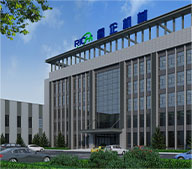
Highlights
Customized Solutions
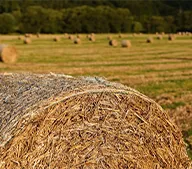
Application
Straw Materials
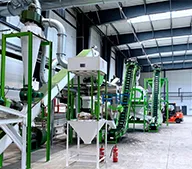
Capacity
Minimum 300KG/H
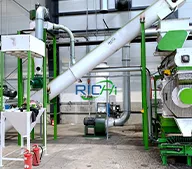
Price
Starts at $40,000
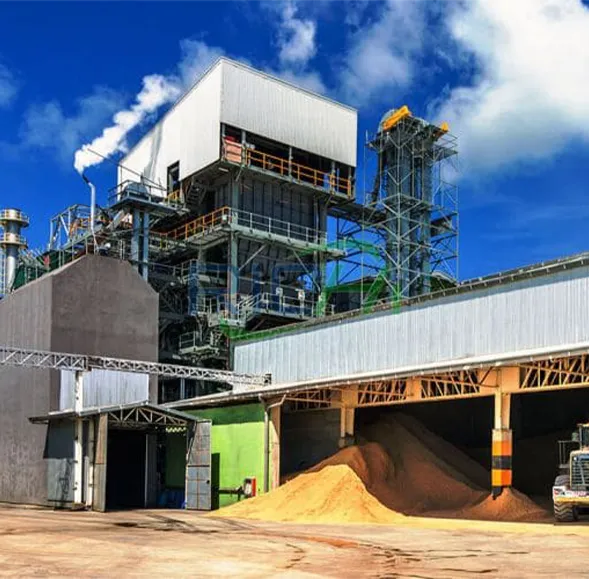
Straw Pellet Production Process
Explore the equipment for each stage of straw pellet production
Beginning of A Successful Straw Pelletizing Business
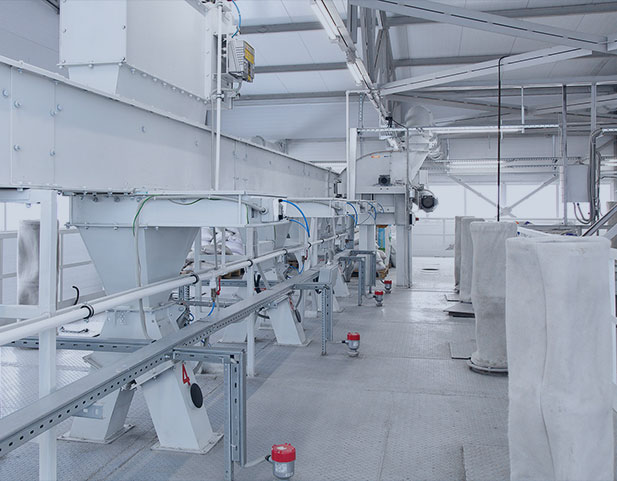
Capacity is one of the determining factors when preparing to build a complete straw pellet production line. RICHI Machinery will help you choose the suitable production output when you start your straw pellet plant construction, based on your company plan, land area, budget, market size, raw material supply, etc.


HENAN RICHI MACHINERY CO.,LTD
With decades of expertise, RICHI Machinery has successfully installed animal feed/pellet lines worldwide, serving customers in over 100 countries. Our extensive product portfolio includes poultry, ruminant and livestock feed production solutions, as well as customized solutions for specific capacities ranging from small-scale operations to large conglomerate production facilities.
Whether in Asia, Europe, the Americas or Africa, our equipment is tailored to meet local market needs and production challenges. We operate worldwide and customer satisfaction is at the heart of every project we undertake. From initial consultation and design to installation and after-sales service, RICHI Machinery ensures that every solution meets the highest standards of quality and efficiency.
Get Quote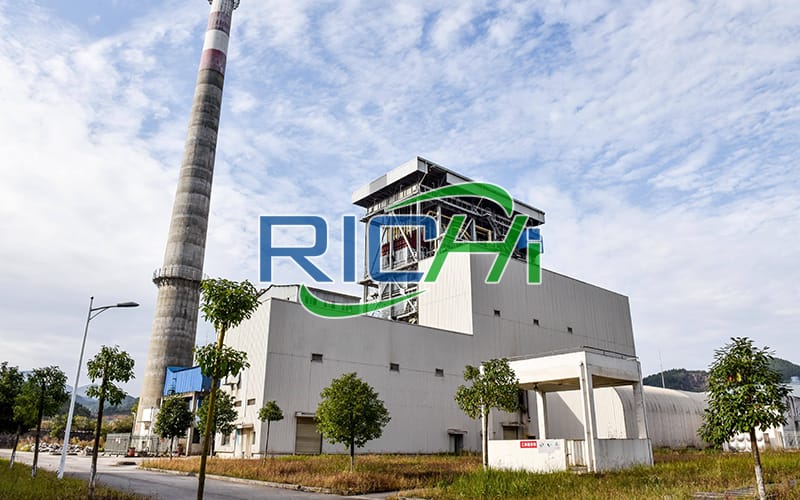

Fully automated biomass pellet production system with baling system greatly improves production efficiency, reduces labor costs and meets the growing demand for environmentally friendly combustion pellets.
Learn More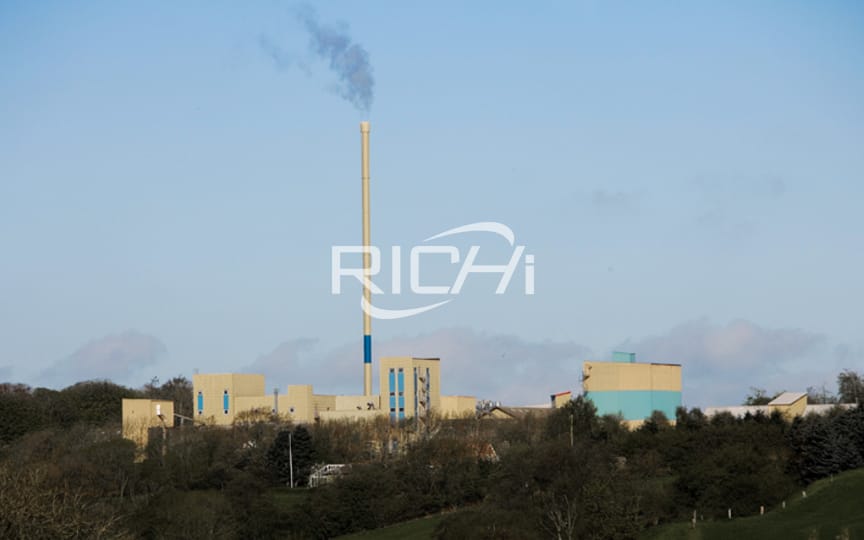

Responding to the call of the government and the market, it converts a large amount wood waste into energy pellets with high combustion value, which reduces the cost of power production and upgrading clean energy.
Learn More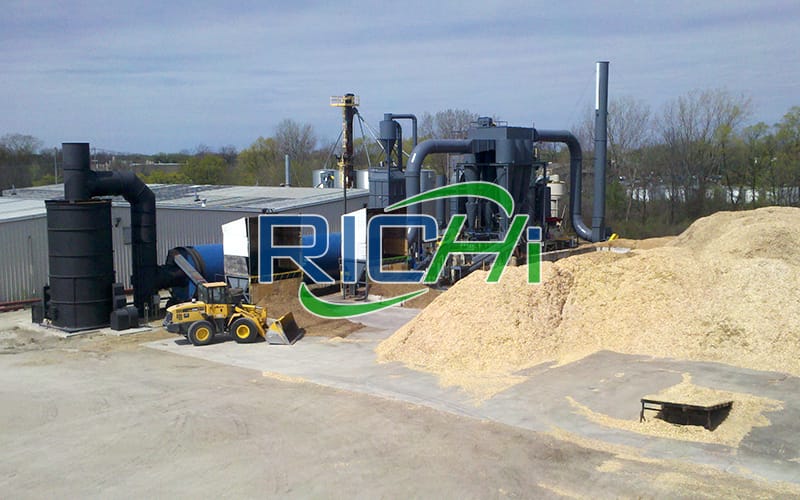

Converting biomass waste from forestry, agriculture and all types of biomass into high-yield biomass pellets greatly supplements domestic fuel needs for heating and power generation.
Learn More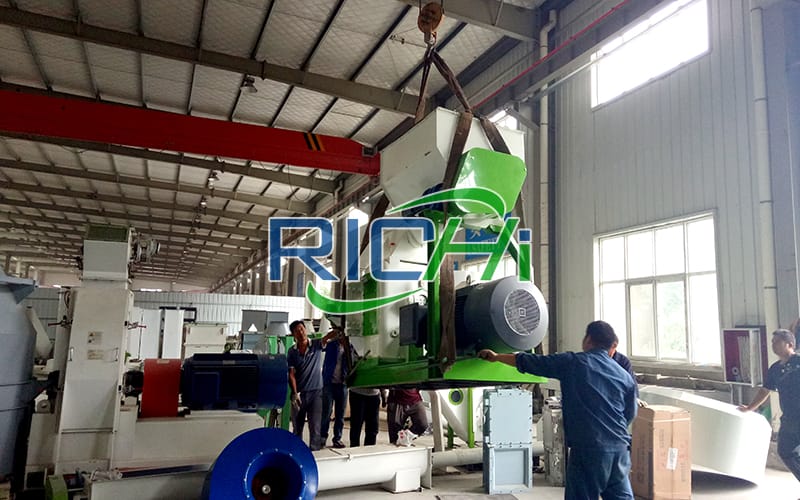

Multi-functional biomass pellet production line helps customers to process all kinds of forestry waste and agricultural waste with high efficiency and high productivity. High-quality pellets will also bring lucrative income.
Learn MoreFrom the moment of your order, RICHI Machinery will provide you with all the relevant information regarding the pellet production. You can also choose our turnkey pelletizing solution, where we will provide all services from construction to final pellet production.


Pellet Plant Planning
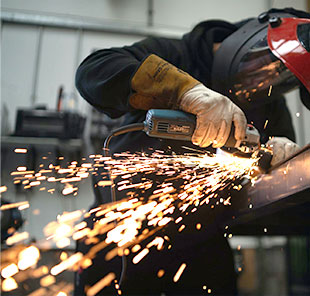
Equipment Production
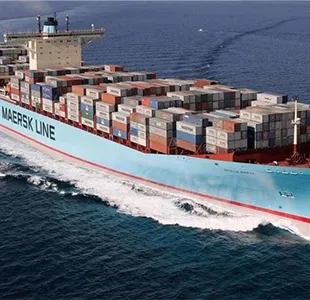
Transportation & Installation
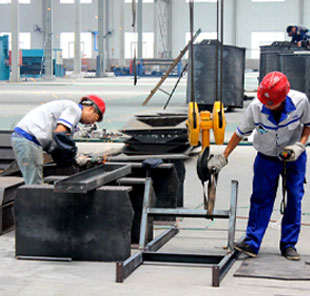
After Sales Service
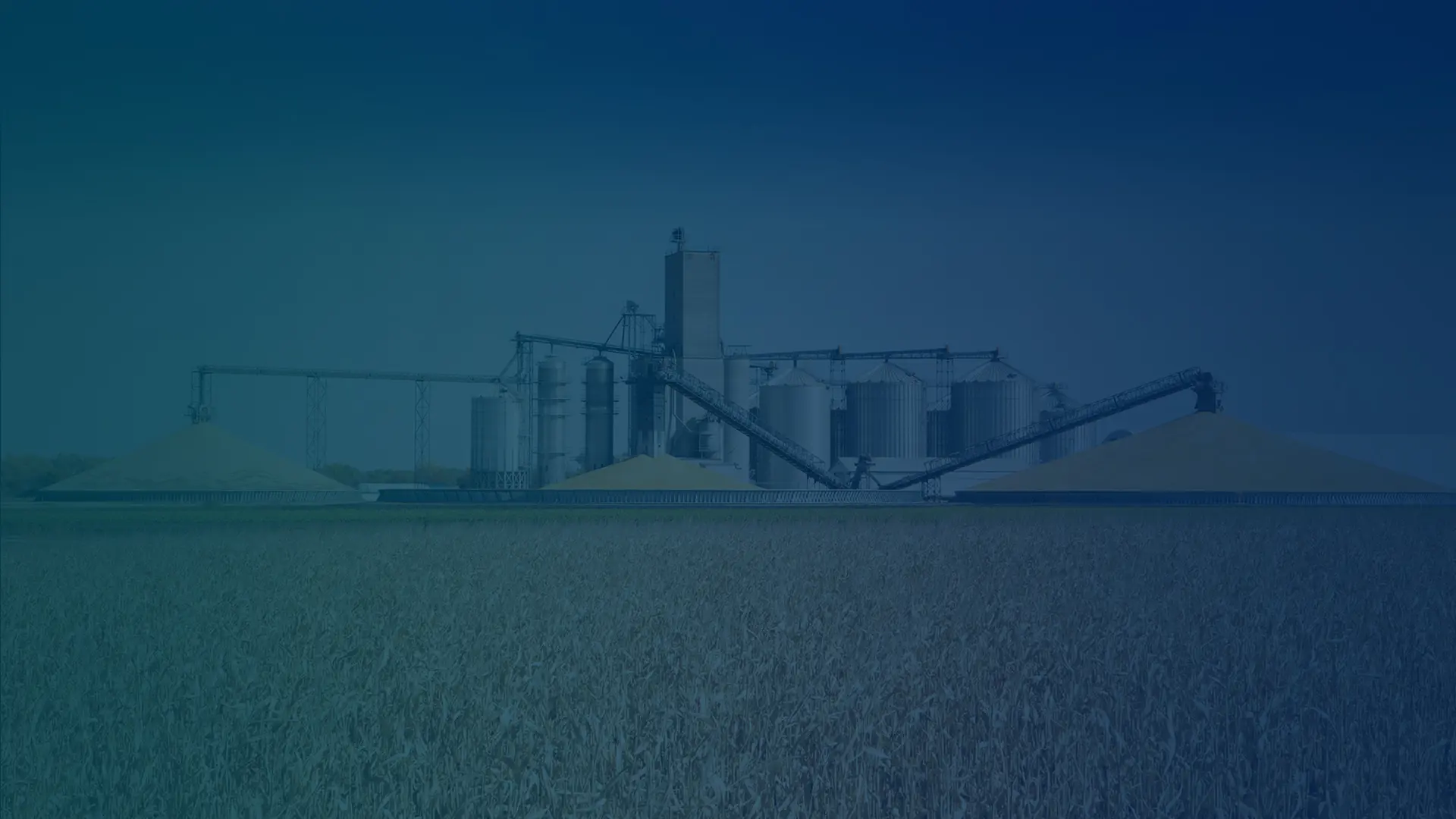
What kind of pellet you want to produce ?
What are your raw materials ?
How much production capacity do you need ?
Where is this pellet plant going to be built ?
That’s exactly why most customers come to us — they’re either farmers, agri-business owners, or investors with straw waste and no idea how to turn it into pellets. We walk you through every step: how to choose the right capacity, whether your land is suitable, what local infrastructure you need (like power and roads), and even help you understand what government approvals might be involved. From your first message to final installation, you’ll always have a clear picture of what’s happening and what to do next. You don’t need to be a pellet expert — that’s our job.
Yes — and we design your straw pellet production line around those challenges. For example, if your straw has inconsistent moisture, we’ll size the dryer accordingly and include a moisture meter. If it’s mixed with sand, stones, or plastic, we add pre-cleaning steps. If the straw length varies (some baled, some chopped), we adjust the crushing stage. We’ve handled everything from corn stalks in Kenya to wheat straw in Germany — and no two materials are the same. The key is to stabilize the material before it hits the pellet mill, and that’s where our expertise makes the difference.
That’s a very fair concern. Straw is low in natural binders and very fibrous, so cheap pellet mills often produce dusty, weak pellets. Our system is different: we use a high-pressure ring die pellet mill with a powerful gearbox and customized die compression ratio suited for straw. We also optimize the conditioning process — adjusting temperature, retention time, and moisture — so the pellets bind properly without needing glue or additives. The result is dense, smooth pellets with low fines — suitable for bagging, transport, and combustion in both industrial and domestic boilers.
Great question — and we’ll be honest. The biggest mistake is underestimating how important material preparation is. People focus on the pellet mill, but if the straw isn’t cleaned, crushed, and dried properly, you’ll get clogging, downtime, and poor pellets. Another issue is ignoring maintenance access — buying a compact design that’s hard to service later. That’s why we always start with a full material and process assessment, and we don’t just sell machines — we sell systems that are workable, maintainable, and scalable. We’d rather say no to a rushed project than let you make an expensive mistake.
You don’t need a technical team — we’ll train your workers on-site as part of the installation process. Our engineers stay with you until your team can safely run the line, troubleshoot basic issues, and perform daily maintenance. Most of our customers are operating with just 3–4 workers per shift, and many had no prior pellet experience. We also provide SOP manuals and ongoing support via video call, WhatsApp, or even remote monitoring (if you install automation). The system is designed to be user-friendly, and our goal is to make you independent, not dependent on us.
Absolutely. Before we even give you a final quotation, we send a full proposal that includes layout drawings, power consumption per machine, dust collection requirements, number of workers per shift, and even forklift paths if needed. For example, a 5-ton/hour straw pellet line might need about 1,500 m² of floor space, 300–400 kW of total power, and 3–5 workers per shift. We adjust this based on your automation level, labor costs, and how raw material is fed in. You’ll know exactly what resources are needed, so there are no surprises when construction starts.
This happens far too often — people buy online without customization, and end up with machines designed for wood pellets or different straw types. That’s why we don’t sell from a catalog. Instead, we ask about your raw material (even down to particle size and moisture), your daily supply, local pellet standards (calorific value, length, diameter), and your market (fuel, bedding, export). Based on this, we configure the crushing system, dryer, pellet mill die compression, and cooling method. The result is a production line that works for your real-world conditions, not just what looks good on paper.
We provide a full breakdown — machine list, flow chart, layout, shipping terms, electrical list, and foundation requirements. Everything from feeding conveyors to pellet cooling is covered. The only things not included are site-specific works like civil foundation, local wiring, or licensing, which we always flag in advance. You’ll never get a surprise cost halfway through. We also include optional items like bagging systems or automation as add-ons — not forced into the base price. What you see in our offer is what you’ll need to start production.
Typically, production takes 40–60 days depending on your configuration. Shipping depends on your country (20–45 days by sea), and installation usually takes 3–5 weeks. If your site is prepared (foundation done, electricity ready), you can go from deposit to first pellets in as little as 90–120 days. We help you plan this schedule from the beginning so logistics, site prep, and delivery align smoothly — you won’t be waiting around while your machines collect dust in port.
This is a serious concern, and we prepare for it from day one. First, we include 1–2 years’ worth of wear parts with your delivery — dies, rollers, bearings, belts. Second, our machines use standard components (like Siemens motors, SKF bearings), so replacements are easy to source locally. Third, our after-sales engineers are on call 7 days a week for video diagnosis or documentation. And if needed, we can send a technician to your site. Our goal is to keep you running — not leave you hanging when something goes wrong.
If you need further information, please contact us

Note: Pellet production is a continuous and complex process, requiring many equipment to complete the production from raw materials to finished pellets. Therefore, it is suitable for commercial projects but not for personal use.

RICHI stick to the service principle is: We are focusing on your future, your future is our future!
© HENAN RICHI MACHINERY CO., LTD 1995-2026